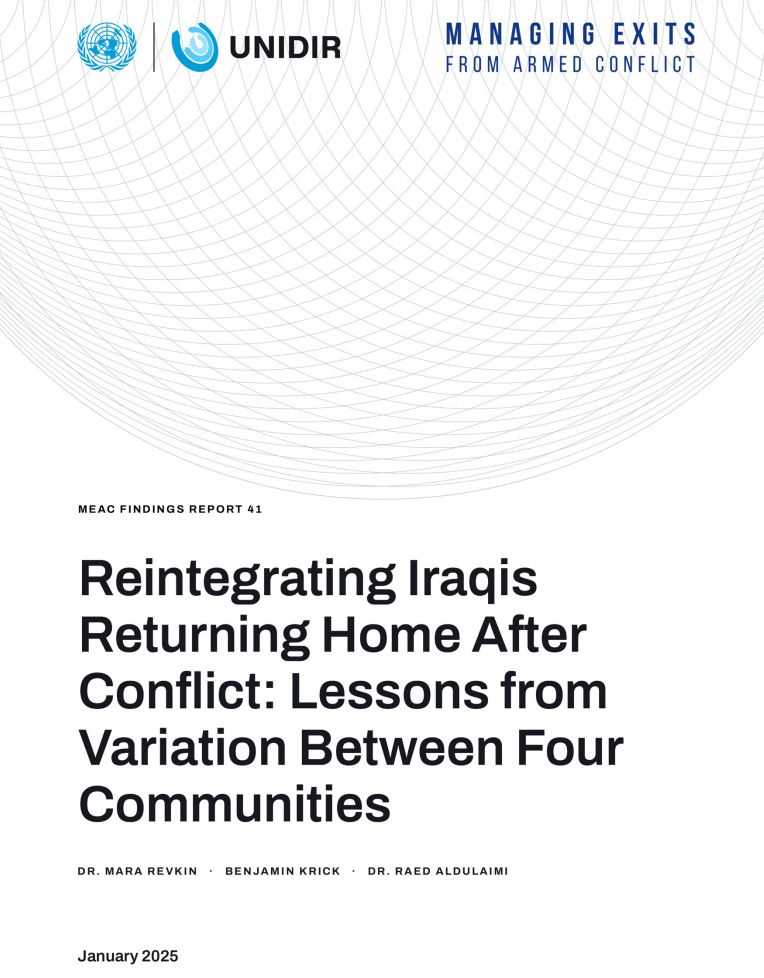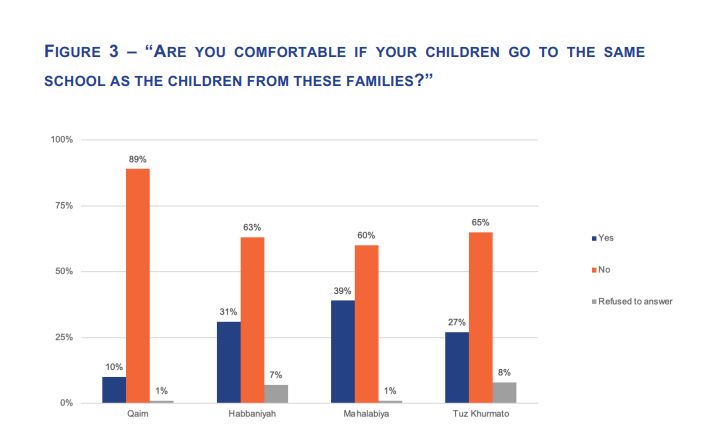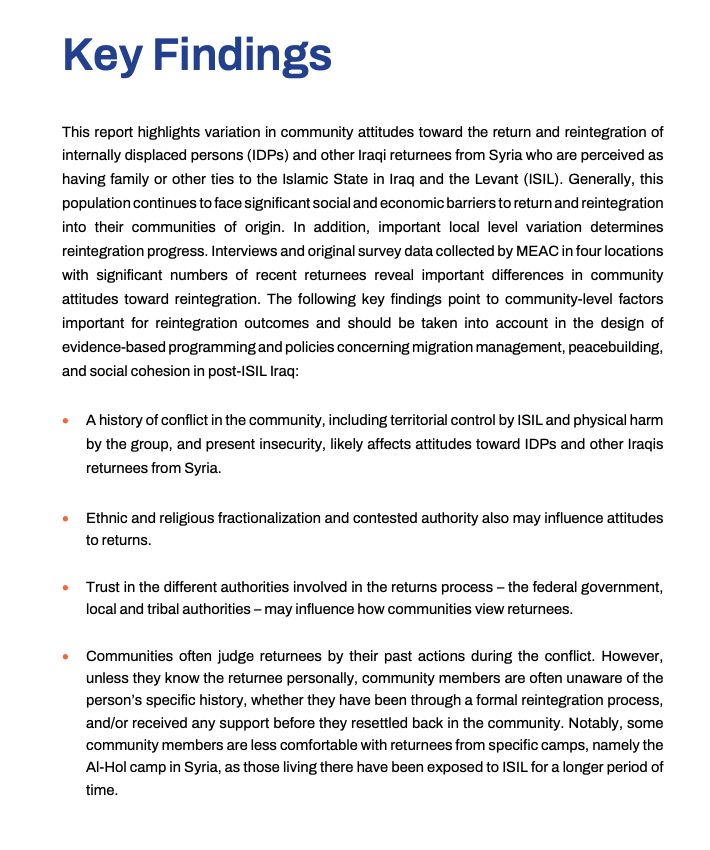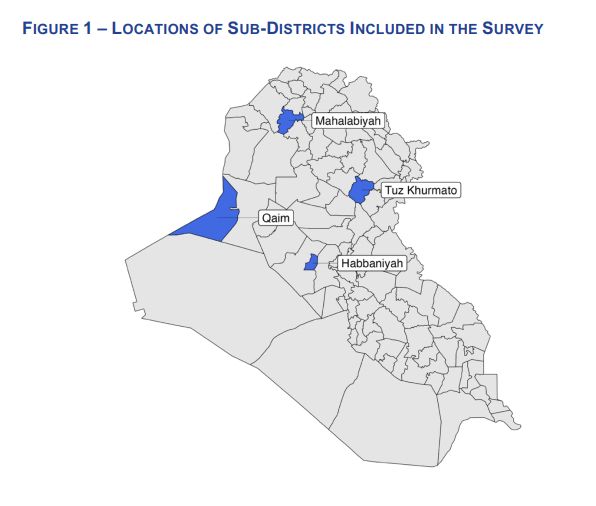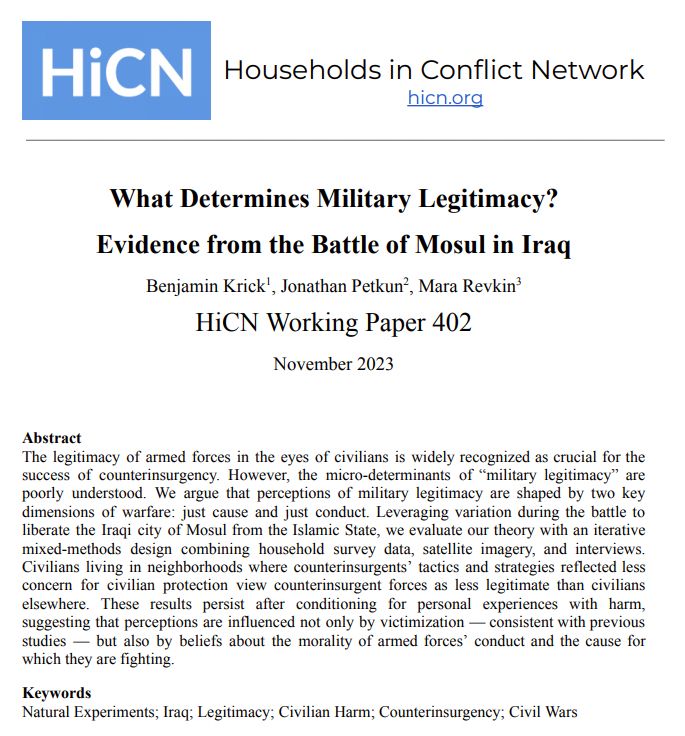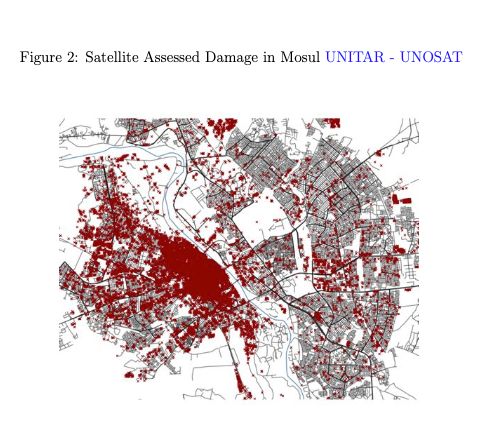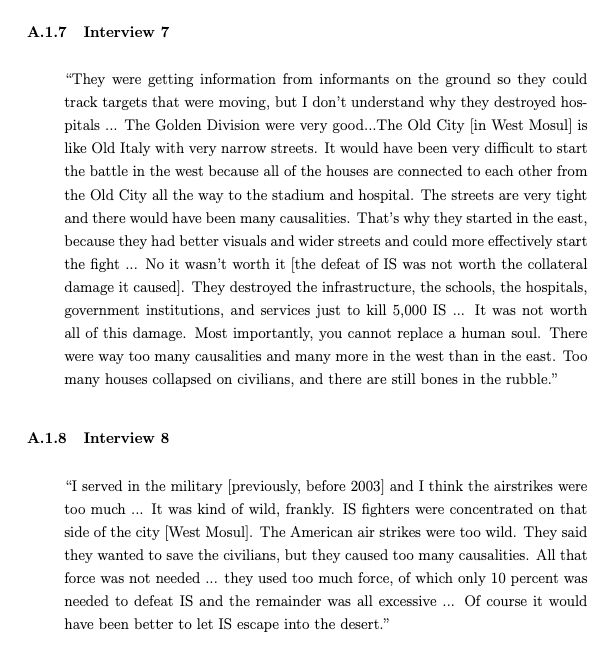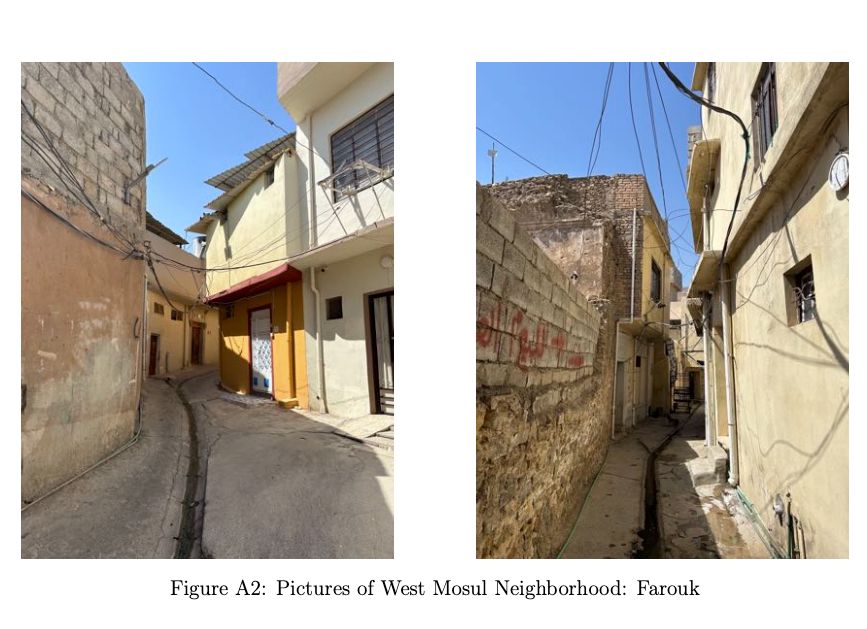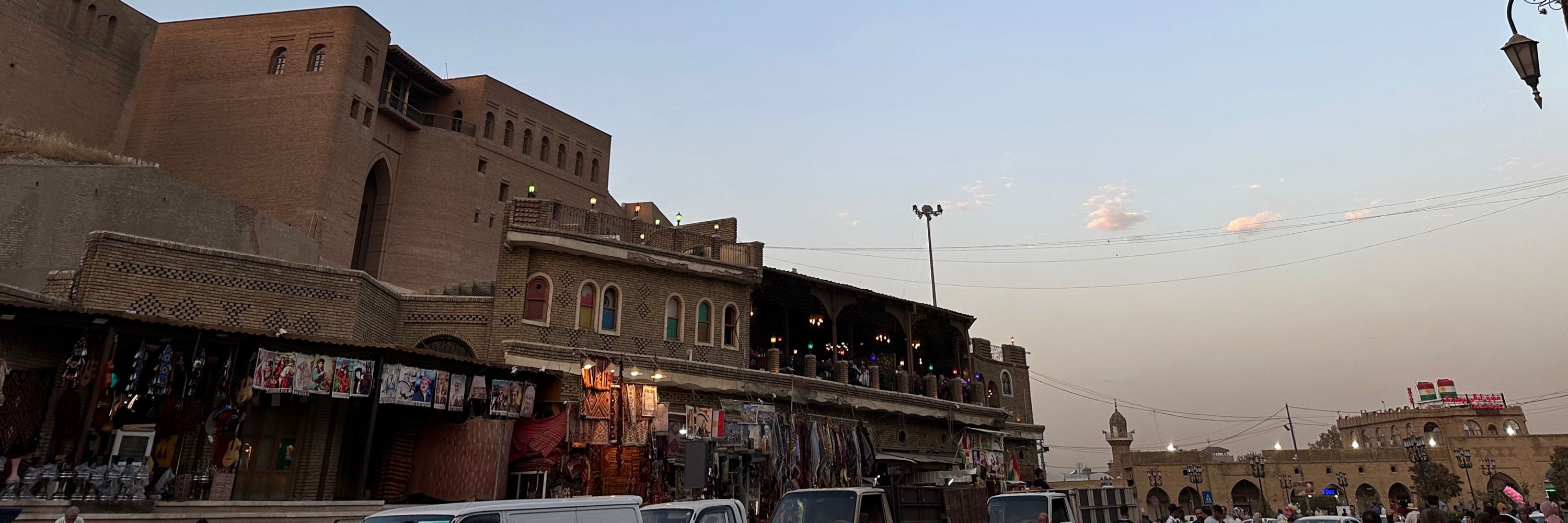
#Longread by @wrodgers2.bsky.social
inkstickmedia.com/in-iraqi-kur...

#Longread by @wrodgers2.bsky.social
inkstickmedia.com/in-iraqi-kur...
Pushing Back or Backing Down? Evidence on Donor Responses to Restrictive NGO Legislation - https://cup.org/47sOKFw
- Lucy Right, @jrspringman.bsky.social & Erik Wibbels

Pushing Back or Backing Down? Evidence on Donor Responses to Restrictive NGO Legislation - https://cup.org/47sOKFw
- Lucy Right, @jrspringman.bsky.social & Erik Wibbels
The American Political Science Association is pleased to announce the Doctoral Dissertation Research Improvement Grant (DDRIG) Awardees for 2025. The APSA DDRIG program provides support to enhance and improve the conduct of doctoral…

From North Carolina to Northern Iraq, working with Jon and Mara has been a truly rewarding experience!
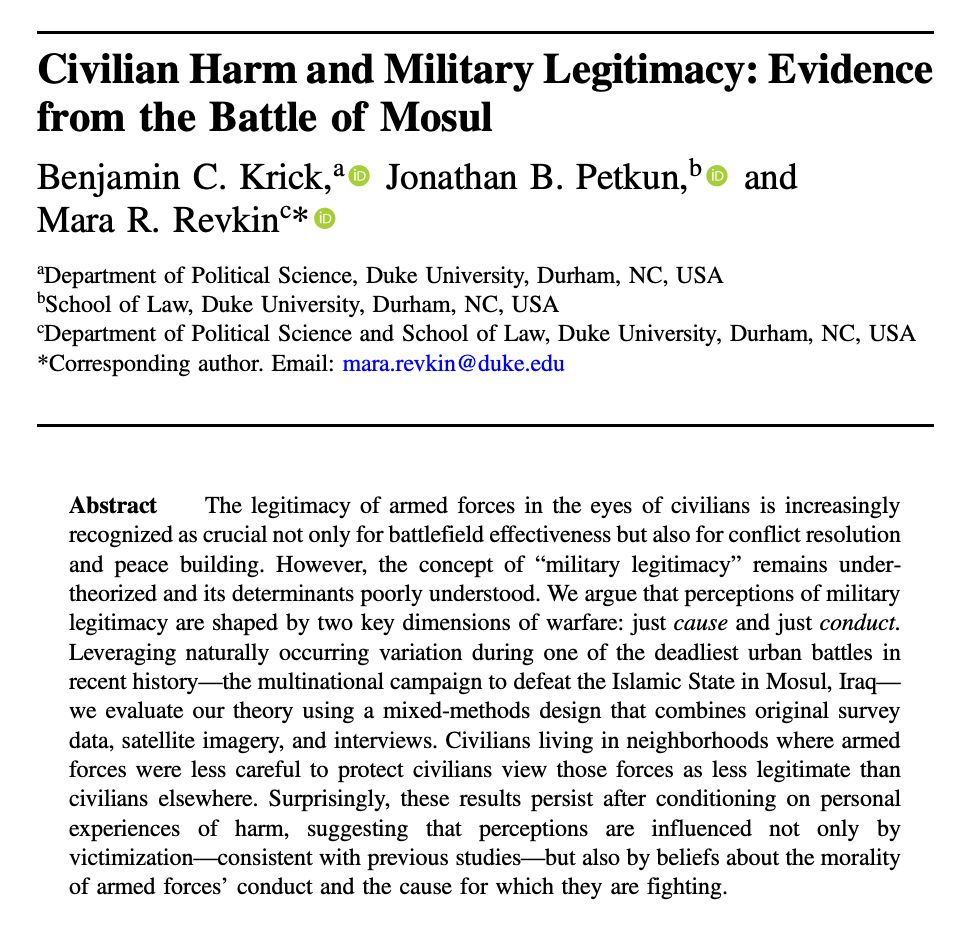
From North Carolina to Northern Iraq, working with Jon and Mara has been a truly rewarding experience!
esoc.princeton.edu/wp39
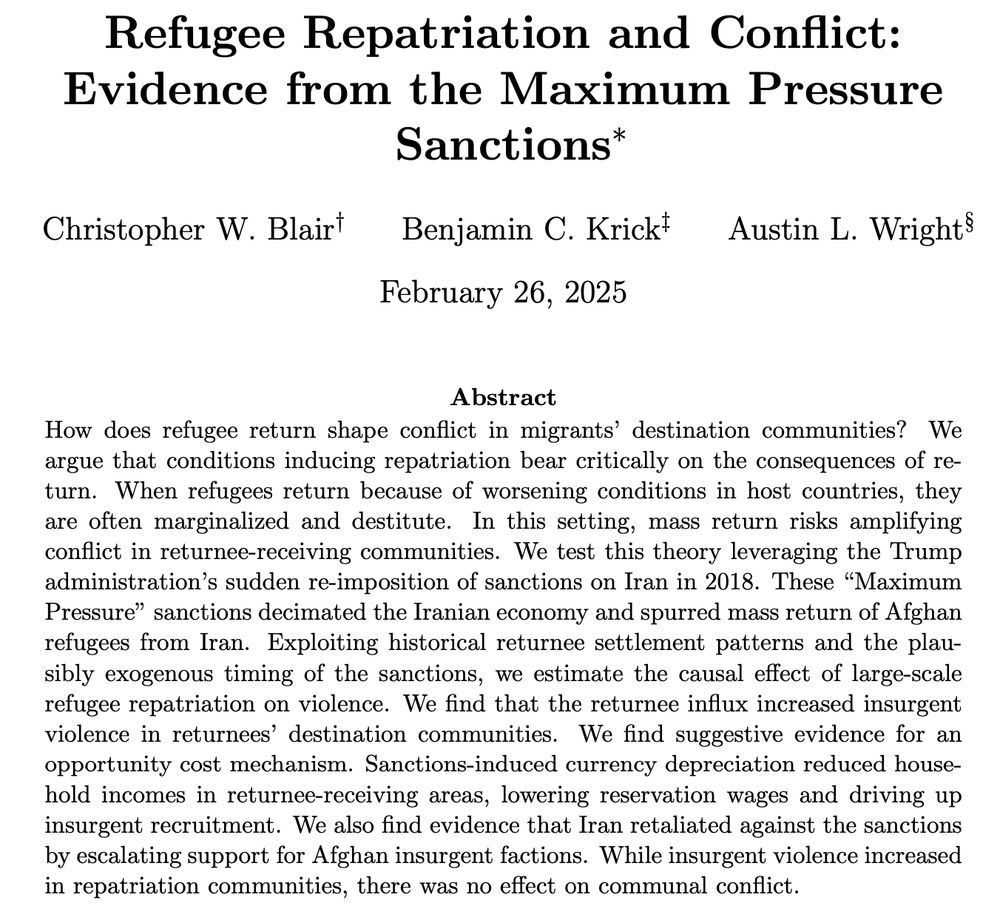
esoc.princeton.edu/wp39
However, these returnees face steep social and economic barriers, @mararevkin.bsky.social @benckrick.bsky.social & Dr. Raed Aldulaimi find in their UNIDIR report⬇️

However, these returnees face steep social and economic barriers, @mararevkin.bsky.social @benckrick.bsky.social & Dr. Raed Aldulaimi find in their UNIDIR report⬇️
